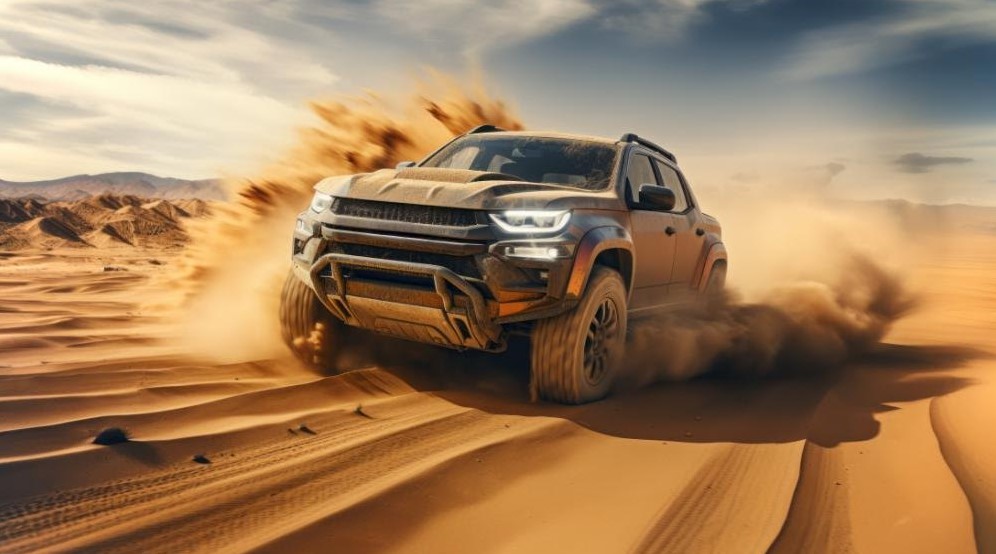
Trying to explain overlanding to someone who has never heard of it before can be interesting. Some people can’t seem to draw a line of distinction between overlanding and off-roading. Others think that overlanding is just a more rugged form of RVing.
Drawing contrasts between overlanding and RVing is easier thanks to the fact that overlanders rarely drive motorhomes or tow camping trailers behind their pickup trucks. What confuses people about overlanding and off-roading is the fact that the vehicles for both sports are nearly identical.
So what sets overlanding and off-roading apart? The key difference between the two is distance. Short-distance trips that can be taken in under a day, trips that allow the individual to return home before the sun goes down, are considered off-roading trips. Conversely, trips that span at the very least two days are considered overlanding trips.
Both Have You Leaving the Road
Both types of activities have you leaving the road. There is little doubt about that. How far off the road a person goes is up to them. But the further one goes, the more one needs to carry on the journey. That being the case, you could say that overlanding is an extreme version of off-roading. It requires being able to survive out in the middle of nowhere for days or weeks on end.
Going off-road means hobbyists of both types need to have modified vehicles capable of handling rugged terrain. Off-roaders and overlanders insist on four-wheel drive vehicles. They tend to prefer trucks, jeeps, and modified commercial rigs. Most of them are mechanically inclined to the point of being able to make modifications themselves.
Take Everything With You
Because overlanding trips are long distance trips, overlanders need to take everything they need with them. They need to be prepared to survive in the wilderness for extended amounts of time. This is not a problem, by the way. Overlanders actually look forward to this sort of thing. Surviving off the grid for a couple of days or weeks is how they relax.
Off-roaders may have the skills to survive off the grid, but that’s not the point of what they do. Off-roading is more of a day-long exercise that ends with everyone going home, getting a bite to eat, and sitting around swapping war stories.
Both Are Expensive Hobbies
Despite different goals, both off-roading and overlanding are expensive hobbies. Off-road vehicles are the biggest expense. They are also the one expense that cannot be spared. Without an appropriate vehicle, one can neither off-road nor overland.
After expensive vehicles, both types of hobbyists invest in a variety of additional equipment including winches, ropes, chains, etc. They invest in hand tools and spare parts for their vehicles. Overlanders go one step further by purchasing all sorts of camping and survival gear. If I were getting into the hobby, I would be sure to have an ample supply of Rollercam cam straps to keep all my precious equipment secure while I am traversing a steep mountain trail.
You Really Have to Love It
Full disclosure requires that I reveal my lack of firsthand experience with either sport. I have tried neither off-roading nor overlanding. But from my layman’s perspective, I have observed one thing: you really need to love the two sports to go all in on them. Off-roading and overlanding are truly not for everyone.
Remember, the key difference between them is distance. Off-roading involves short distance trips completed in under a day. Overlanding involves long-distance trips that could continue for days or weeks at a time.
